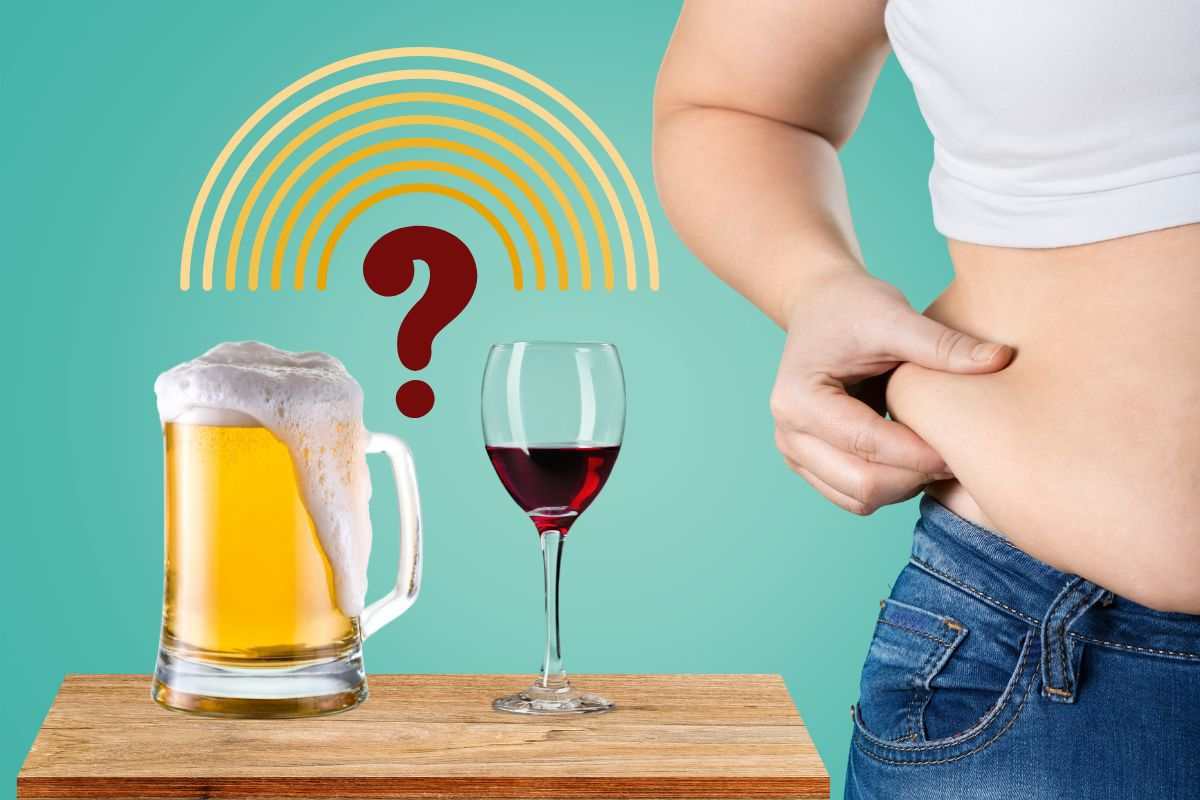Beer vs. Wine: Which is More Fattening?
Beer and wine are two beloved alcoholic beverages that often find their place on our tables and at social gatherings. However, if you’re health-conscious and concerned about your fitness, you might be wondering which of the two drinks is more likely to make you gain weight. Let’s explore the facts and find out!
When it comes to the calorie content, both beer and wine have different quantities to consider. On average, a glass of wine (150 ml) contains approximately 120-130 calories, while a standard beer (330 ml) provides a calorie intake of between 150 and 200 kcal.
But that’s not the only aspect to consider. The effect on appetite and metabolism also plays a significant role in determining the accumulation of fat. A study published in the journal “Nutrition Reviews” examined the impact of alcohol on appetite regulation and caloric intake.
The study found that alcohol consumption, regardless of the source, increases appetite, leading to an increase in calorie intake. However, when alcohol is consumed as part of a meal, its impact on appetite and calorie intake is lesser compared to when it’s consumed without food. Additionally, red wine contains polyphenols which have a positive influence on lipid metabolism. On the other hand, beer contains carbohydrates from maltodextrin, which may raise blood sugar levels and contribute to fat storage.
More evidence comes from a survey published in the “European Journal of Clinical Nutrition”, which highlighted the association between the consumption of alcoholic beverages and the distribution of body fat. The study showed that excessive beer consumption is related to increased amounts of abdominal fat. On the other hand, wine consumption does not have the same effect on body composition.
Although it appears that beer is more likely to contribute to fat accumulation, it is important to note that the determining factor for weight gain is the overall caloric excess in the diet and a sedentary lifestyle. Excessive intake of both beer and wine can contribute to weight gain over time due to the accumulation of calories.
However, enjoying a glass of wine with meals or a refreshing mug of beer in moderation is unlikely to be detrimental to your diet. When accompanied by a balanced diet and an overall healthy lifestyle, these drinks do not pose significant risk factors.
In conclusion, if you’re looking to watch your weight, it’s essential to consume both beer and wine in moderation. Remember, the key is to maintain a balanced diet and an active lifestyle to prevent the accumulation of excess calories. So, go ahead and enjoy your favorite drink responsibly!
